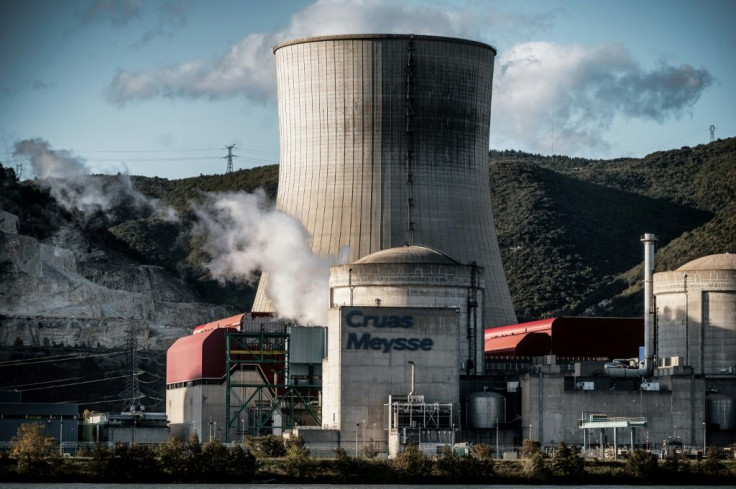Gallons Of Nuclear Waste Leaking From Underground Tank In Washington
KEY POINTS
- Tank B-109 contains 123,000 gallons of radioactive waste
- Washington DOE Director Laura Watson says the leak poses "no immediate increased risk"
- An estimated 1,700 gallons have leaked into the soil from B-109 since March 2019
The Washington State Department of Ecology has announced that an underground radioactive chemical storage tank in southeast Washington is leaking gallons of nuclear waste. Though the leak poses "no immediate increased risk" to workers or the public, it adds to the ongoing environmental threat at the Hanford site, officials said on Thursday.
Tank B-109 at Hanford Nuclear Reservation is 75 years old and is estimated to be leaking 3.5 gallons a day, or nearly 1,300 gallons per year. The Washington state DOE has been monitoring this tank for more than a year when a formal leak assessment first started.
Hanford Nuclear Reservation was built during World War II to make plutonium for nuclear weapons. The site has tanks that carry volumes of mixed waste materials made of radioactive components and dangerous chemicals created over four decades, the Washington DOE reported.
B-109 tank contains 123,000 gallons of radioactive waste and is leaking into an area where other tanks have already leaked 200,000 gallons into the soil. The leaking tank is located miles away from the Columbia River, and the water table is 210-240 feet below the tank, the ecology department said in the statement.
An estimated 1,700 gallons have leaked into the soil from B-109 since March 2019.

Washington DOE Director Laura Watson in a statement said that whenever a Hanford tank leaks its radioactive and dangerous chemical waste, it becomes a "serious matter." This incident highlights the critical need for resources to address Hanford's aging tanks, which will continue to fail and leak over time, she added.
Washington DOE communications manager Randy Bradbury was cited as saying by CBS News that his department assessed that B-109's liquid levels were decreasing more than a year ago, but that they weren’t able to figure out what was causing it. The Washington DOE and the U.S. Environmental Protection Agency were informed on Thursday that the tank was likely leaking.
According to the Washington DOE, the B-109 tank is “part of the 12-tank B Farm, which is one of Hanford’s oldest tank farms and is co-situated with the BX and BY tank farms.” The tank in question has an estimated 15,000 gallons of liquid waste as part of its total waste volume of about 123,000 gallons.
B-109 tank began receiving waste in 1946 and went out of operation in 1976 as it was still full of waste at that time. The tank was interim stabilized and declared sound in 1985. Earlier, more than 67 tanks at the site had been suspected to be leaking or actually leaked.
© Copyright IBTimes 2025. All rights reserved.





















